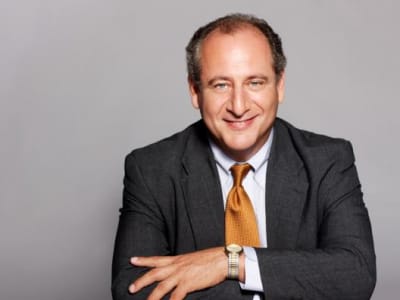By David L. Phillips
Former Chairman, Turkish-Armenian Reconciliation Commission
US President Donald J. Trump and Turkey’s President Recep Tayyip Erdogan met in the White House on November 13, 2019. During their joint press conference, Trump was uncharacteristically silent as Erdogan went on a diatribe concerning Armenian Genocide, condemning the near unanimous Resolution in the US House of Representatives reaffirming the US record on the Genocide. Erdogan also dredged up the debunked proposal for a joint historical commission on Armenian issues.
Erdogan is an established denier of the Armenian Genocide, where 1.5 million Armenian Christians were slaughtered by his predecessors. His ties to ISIS and other enemies of the US should have disqualified him from the White House visit to begin with.
In the press conference, paradoxically, Erdogan both denied the Genocide and invited a “dialogue and debate” about Armenian issues. Dialogue sounds like a positive and worthwhile step. In this instance, however, it is another component of Turkey’s denial campaign. The purpose of dialogue cannot be to explore the truth of the Armenian Genocide. That fact is beyond question.
I chaired the Turkish-Armenian Reconciliation Commission (TARC) from 2001 to 2004. TARC included former foreign ministers and prominent Turks and Armenians from around the world. It worked with the International Center for Transitional Justice to produce a legal opinion in 2003, which concluded that the events in the early Twentieth Century met the definition of Genocide: (i) More than one person died; (ii) Those who died represented a distinct ethnic, cultural or religious group; (iii) There was a pattern to events resulting in their deaths; (iv) The perpetrators knew that Armenians would die and therefore possessed the requisite genocidal intent. The genocide finding was confirmed by the Elie Wiesel Foundation and scores of Nobel laureates.








